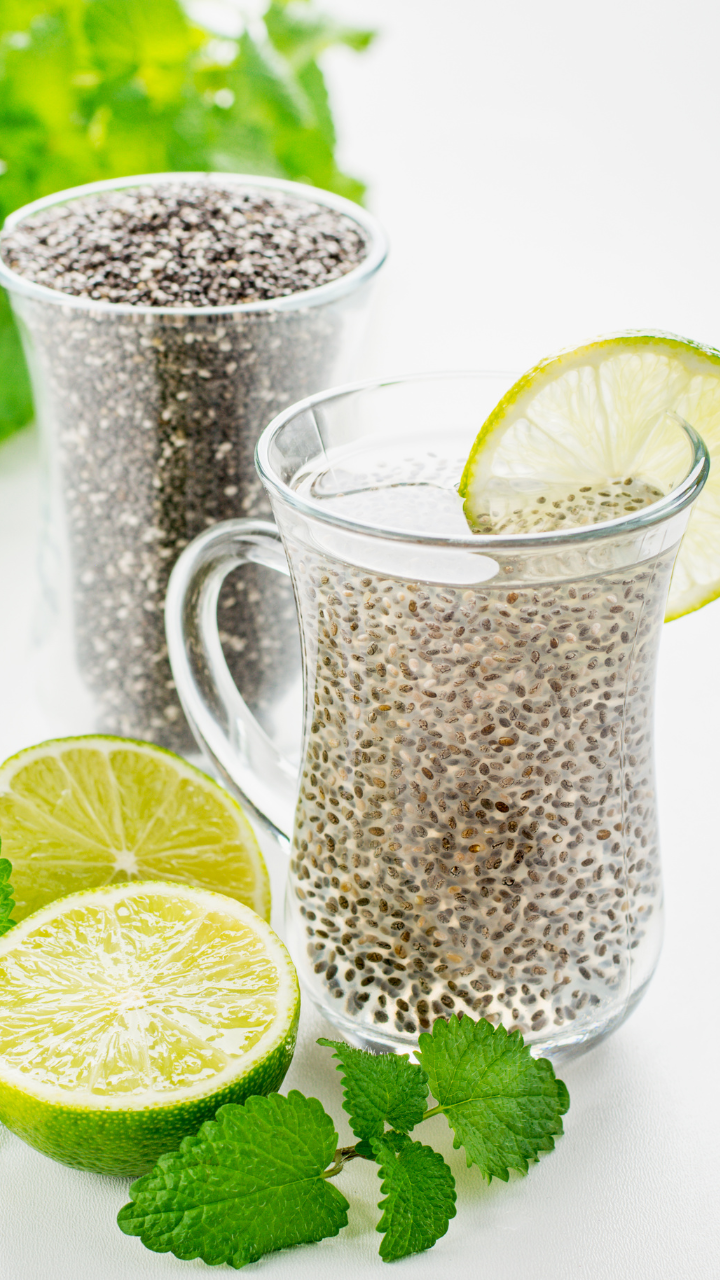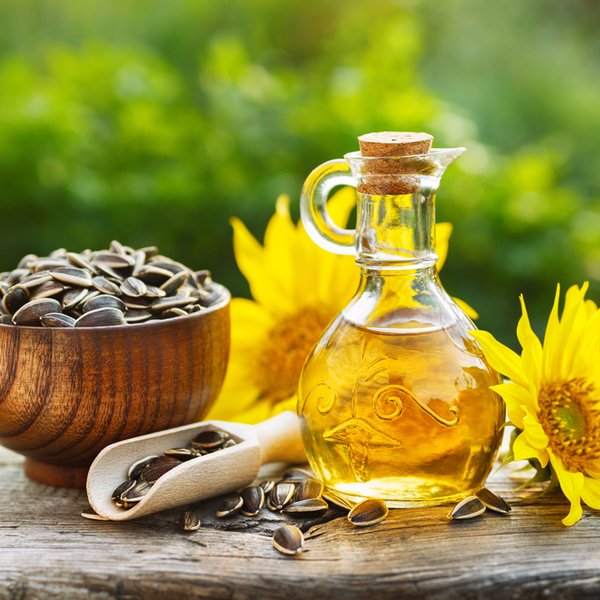Vitamin E
Vitamin E, a fat-soluble antioxidant, is essential for maintaining overall health. It plays a crucial role in protecting cells from oxidative damage, supporting a strong immune system, and promoting healthy skin. Found in various foods and supplements, this vitamin is vital for a well-balanced and vibrant lifestyle.
About Vitamin E
Vitamin E, a group of fat-soluble compounds, is a vital nutrient that contributes significantly to our overall health and well-being. It has been recognized for its essential role in protecting our cells from oxidative damage. These antioxidants help combat harmful free radicals in the body, which can lead to various health issues, including chronic diseases and aging. Vitamin E is a family of eight distinct molecules, with alpha-tocopherol being the most biologically active form.
One of the primary functions of vitamin E is its ability to act as a powerful antioxidant. When we consume foods rich in vitamin E or take supplements, it helps neutralize free radicals, preventing them from causing cellular damage. This antioxidant protection is particularly crucial for our skin, as it shields it from the harmful effects of UV radiation and environmental pollutants. Moreover, vitamin E plays a critical role in supporting a robust immune system, enhancing our body’s defense mechanisms against infections and diseases.
In addition to its antioxidant properties, vitamin E is renowned for its positive impact on skin health. It promotes healthy skin by moisturizing and reducing inflammation, making it a popular ingredient in skincare products. Furthermore, this vitamin has been studied for its potential benefits in preventing or managing chronic conditions such as heart disease, cancer, and neurodegenerative disorders. Whether through dietary sources or supplements, understanding the significance of vitamin E is essential for achieving optimal health and vitality.
Health Benefits of Vitamin E
Antioxidant Protection
Vitamin E is a powerful antioxidant that helps neutralize free radicals in the body, which can cause oxidative stress and damage to cells. This protective function is essential for reducing the risk of chronic diseases and slowing down the aging process.
Skin Health
Vitamin E is often used in skincare products for its ability to moisturize the skin and reduce inflammation. It can help improve skin texture, reduce the appearance of scars, and protect the skin from UV radiation and environmental pollutants.
Immune System Support
Vitamin E plays a role in enhancing the immune system’s function. It helps maintain the integrity of immune cells and can aid in the body’s defense against infections.
Heart Health
Some studies suggest that vitamin E may help reduce the risk of heart disease by preventing the oxidation of LDL (low-density lipoprotein) cholesterol, which is a significant contributor to arterial plaque formation.
Eye Health
Vitamin E may play a role in maintaining good eye health and reducing the risk of age-related macular degeneration and cataracts.
Brain Health
There is ongoing research into the potential neuroprotective effects of vitamin E. It may help protect brain cells from oxidative damage and contribute to cognitive health, particularly in older adults.
Cancer Prevention
While research is inconclusive, vitamin E’s antioxidant properties have led to investigations into its potential role in reducing the risk of certain cancers. However, more studies are needed to establish a clear link.
Pain Relief
Some individuals use vitamin E supplements for pain relief, particularly for conditions like osteoarthritis and menstrual pain. It may help reduce inflammation and discomfort in some cases.
Perils of Deficient Vitamin E Intake
Increased Oxidative Stress
Vitamin E is a potent antioxidant that helps protect cells from oxidative damage caused by free radicals. Without sufficient vitamin E, your body becomes more vulnerable to oxidative stress, which can accelerate the aging process and contribute to chronic diseases.
Skin Problems
Vitamin E plays a crucial role in maintaining skin health. A deficiency can lead to dryness, premature aging, and an increased susceptibility to skin conditions such as eczema.
Weakened Immune System
Vitamin E is important for a robust immune system. A deficiency may compromise your body’s ability to fend off infections and illnesses effectively.
Nerve Damage
In severe cases of vitamin E deficiency, neurological problems can occur. This can manifest as muscle weakness, loss of coordination, and even vision problems.
Anemia
Vitamin E is involved in red blood cell formation. A deficiency may contribute to anemia, which can result in fatigue, weakness, and paleness.
Fertility Issues
Some research suggests that vitamin E may play a role in reproductive health. Deficiencies could potentially affect fertility and reproductive function.
Cognitive Decline
Vitamin E has been studied for its potential role in cognitive health. Inadequate intake may contribute to cognitive decline, although more research is needed in this area.
Cardiovascular Risks
While the evidence is mixed, some studies have suggested that low vitamin E levels might be associated with an increased risk of heart disease.

Sources of Vitamin E
- Nuts and Seeds
- Vegetable Oils
- Green Leafy Vegetables
- Fruits
- Fortified Foods
- Whole Grains
- Animal Products
Vitamin E Rich Foods
Almonds, hazelnuts, sunflower seeds, peanuts, wheat germ oil, sunflower oil, safflower oil, olive oil, Spinach, kale, Swiss chard, avocados, kiwifruit, blackberries, breakfast cereals, wheat germ, brown rice, oats, rainbow trout, salmon, eggs, milk, cheese, asparagus, broccoli, and red bell peppers.






Frequently Asked Questions About Vitamin E
Welcome to our Vitamin E FAQs section, where we address common questions and provide you with accurate information to help you better understand this essential nutrient.
Vitamin E is a fat-soluble antioxidant that plays a crucial role in protecting cells from oxidative damage. It is essential for overall health, as it helps maintain skin health, supports the immune system, and has potential benefits for heart and brain health.
Nuts (such as almonds and hazelnuts), seeds (like sunflower seeds), vegetable oils (such as wheat germ oil and olive oil), green leafy vegetables (including spinach and kale), and avocados are some of the top food sources of vitamin E.
The recommended daily intake of vitamin E varies by age, sex, and life stage. On average, adult men and women need around 15 milligrams (or 22.4 IU) of vitamin E per day. Pregnant and lactating women may require slightly more.
In most cases, a balanced diet can provide sufficient vitamin E. However, individuals with specific dietary restrictions or absorption issues may benefit from vitamin E supplements. It’s essential to consult a healthcare professional before taking supplements.
Vitamin E deficiency is rare but can lead to symptoms such as dry skin, muscle weakness, impaired immune function, and neurological problems, including loss of coordination and vision issues.
While vitamin E is an antioxidant and may have some protective effects, its role in preventing or treating chronic diseases like heart disease and cancer is still under investigation. Supplements should not be used as a substitute for a balanced diet and healthy lifestyle.
Excessive vitamin E intake from supplements can be harmful. High doses of vitamin E can lead to bleeding problems, interfere with blood clotting, and cause gastrointestinal issues. It’s important to follow recommended daily intake guidelines and consult a healthcare professional before taking high-dose supplements.
Vitamin E supplements can interact with certain medications, such as blood thinners. If you are taking medications or have any underlying health conditions, consult your healthcare provider before adding vitamin E supplements to your routine.
Yes, vitamin E is often used topically in skincare products for its moisturizing and antioxidant properties. It can help improve skin texture, reduce inflammation, and protect against UV damage.
Vitamin E consists of a family of compounds, including alpha-tocopherol, which is the most biologically active form. Tocopherols and tocotrienols are different types of vitamin E compounds, with some research suggesting that tocotrienols may have unique health benefits beyond those of tocopherols. However, more research is needed in this area.
Remember, the information provided here is for general knowledge. For personalized advice or concerns about your health, it’s always best to consult a healthcare professional.
Elevate Your Health with Vitamin E’s Protective Grace. From Skin’s Radiant Glow to Cells’ Resilient Flow, Vitamin E Keeps Your Vitality Aglow.
